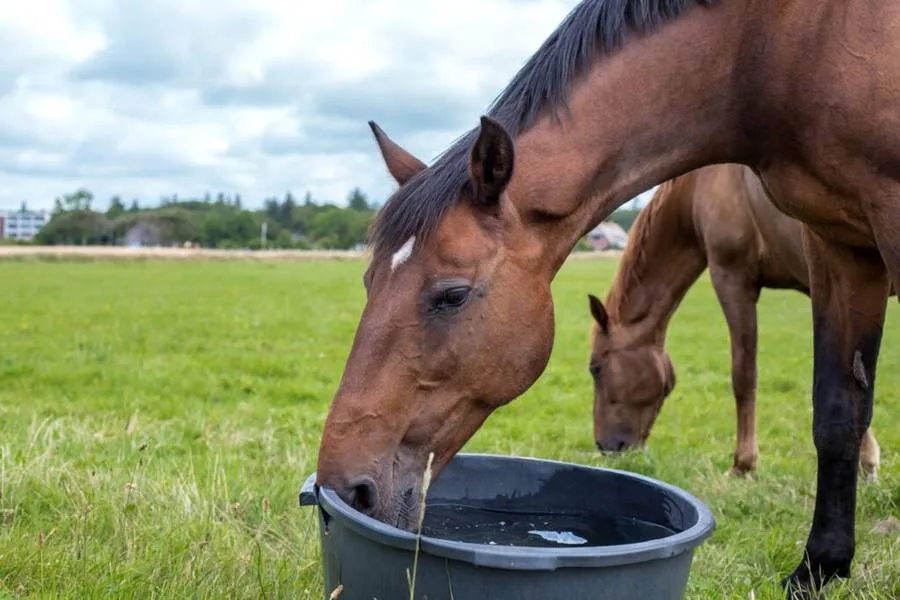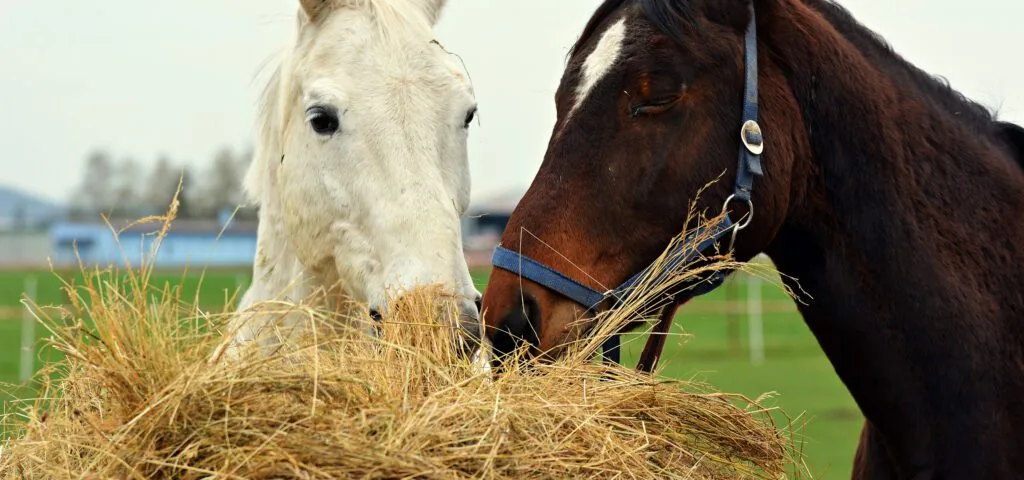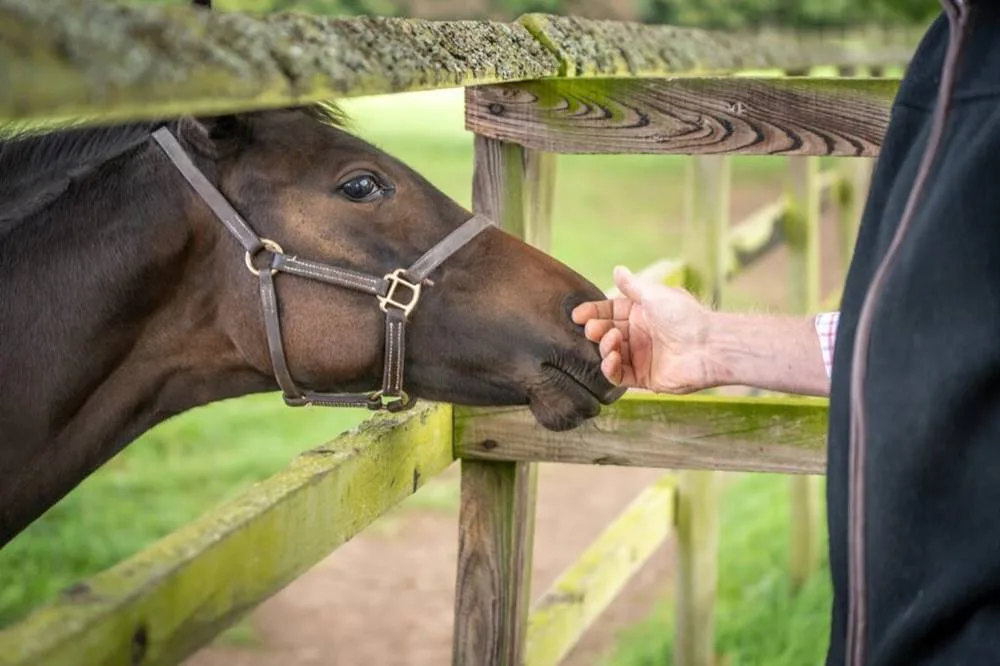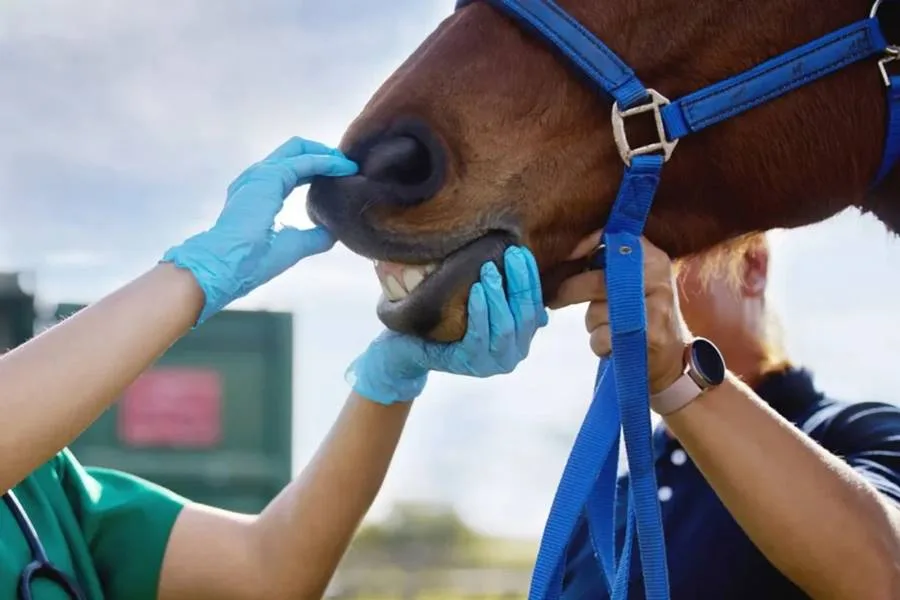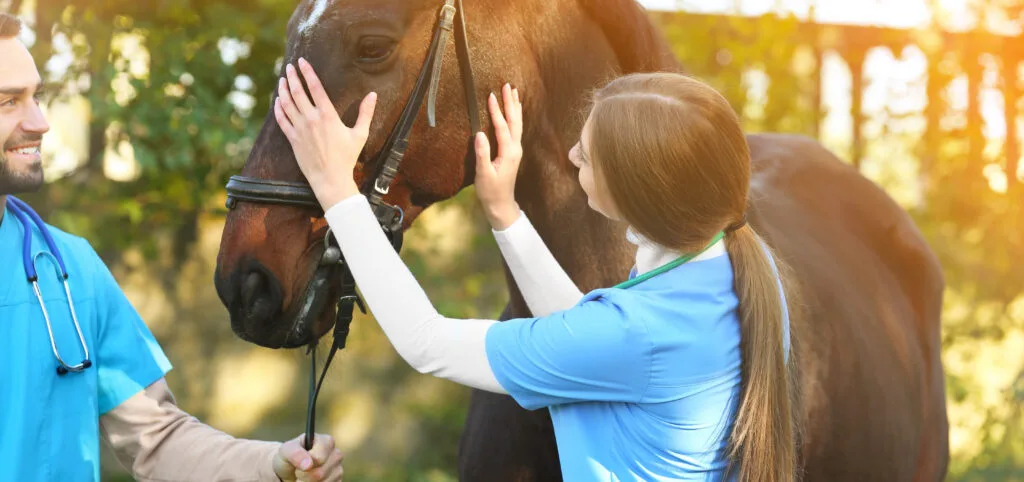How much should horses eat?
“An adult horse typically needs to consume dry matter equivalent to 1.5–3% of its body weight daily, depending on activity level and food quality. At least half of their diet should consist of pasture grass or hay/haylage. If a horse is active, it requires additional food to prevent weight loss. Avoid working a horse immediately after large meals to prevent discomfort and digestive issues.”
How to feed a horse?
Horses should be fed little and often, all day. If a horse is kept in a stable, it needs two to three feeds per day. You should not leave your horse for longer than eight hours without food. Horses like routine, so try to feed them at the same time every day. Also make sure that troughs are clean, or horses may refuse to eat or drink.
Horse Balanced Diet: Combine appropriate amounts of forage and concentrates based on the horse’s age, activity level, and health status.
What do horses like to eat ?
Horses love treats and snacks, as well as grass and hay. But make sure you don’t overdo it.
Type of feeds horses shouldn’t eat
- Fruit Snacks/Treats: Can cause colic, obesity, and laminitis; limit to one or two wedges of fruit or carrots per day.
- Stone Fruits: Unpitted fruits can cause choking.
- Chocolate or Sugary Foods: High sugar content can lead to health issues and obesity.
- Bread and Cakes: Risk of digestive tract blockage.
- Meat: Not nutritionally necessary and can harm long-term health.
- Cabbage Family Vegetables: Cause discomfort and gas (turnips, cabbages, kale, broccoli, Brussels sprouts).
- Potatoes and Tomatoes: Members of the Nightshade family, should be avoided.
- Garden Waste: Contains toxins and risks of colic; avoid feeding clippings or plants sprayed with chemicals.
- Mouldy or Dusty Hay: Can damage lungs.
- Bran: Unless prescribed, not suitable for horses.”
What do wild horses eat ?
Wild horses graze on large areas of land, eating grass, the seed head of grasses and other edible shrubs and plants. They tend to live near fresh water supplies. It is estimated that wild horses can graze for 15-17 hours per day.
And remember to check your horse isn’t overweight!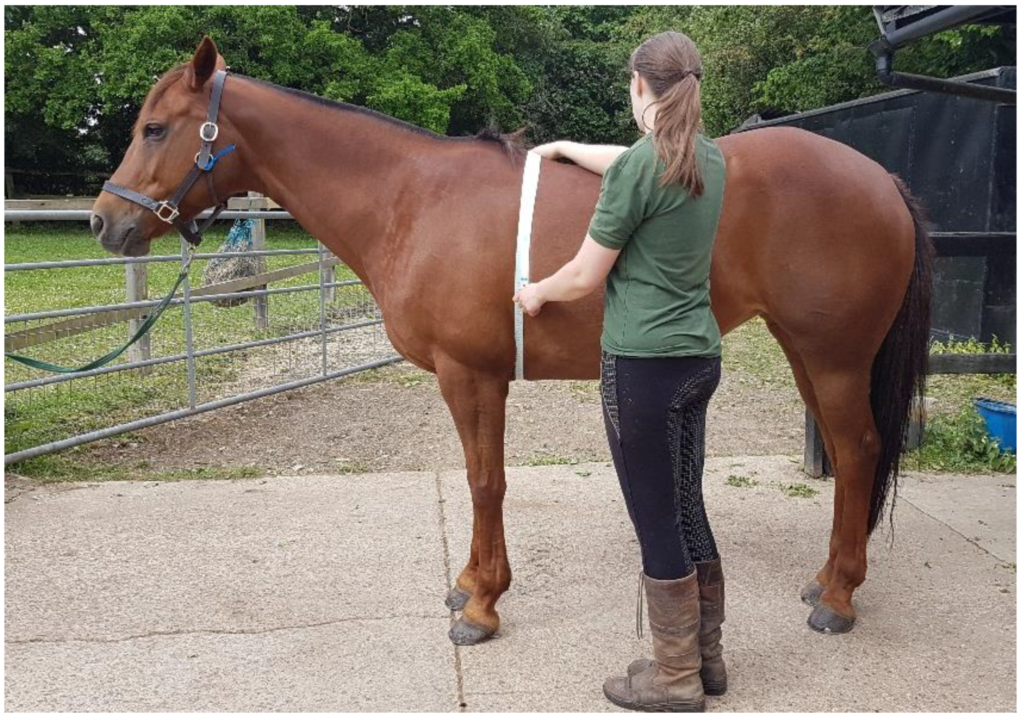 Regularly check the body condition score of your horse. Like underweight horses, overweight ones are at risk of many health conditions so it’s important to check you’re not overfeeding or under exercising. Watch the amount of treats you give to your horse especially!
Regularly check the body condition score of your horse. Like underweight horses, overweight ones are at risk of many health conditions so it’s important to check you’re not overfeeding or under exercising. Watch the amount of treats you give to your horse especially!

